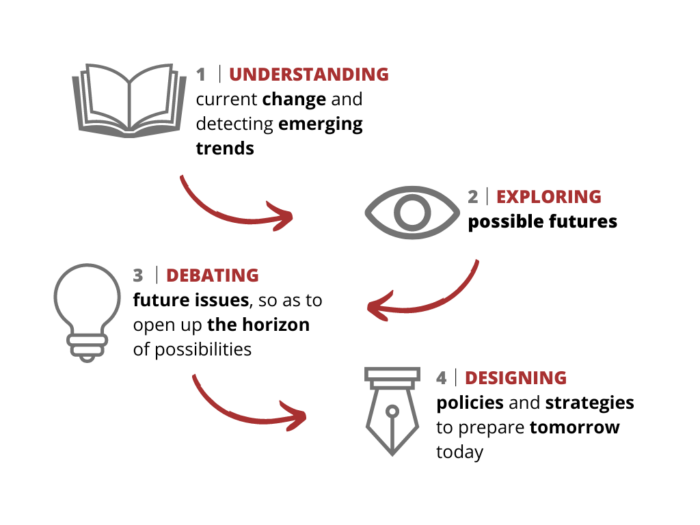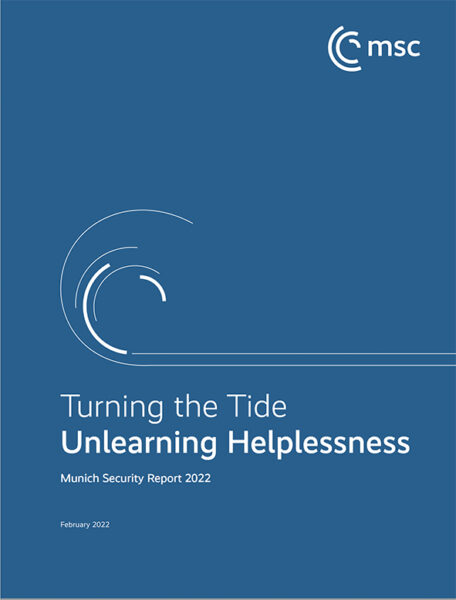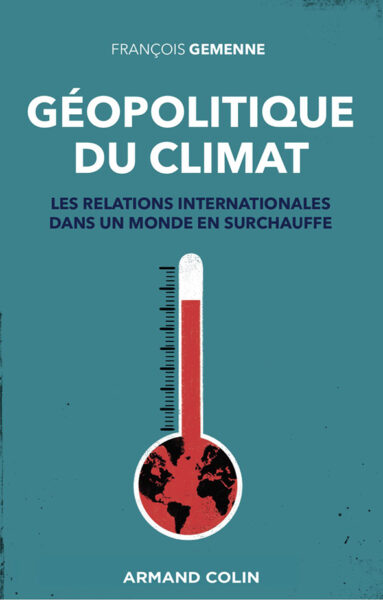Georges Corm analyses, in this op-ed piece, what he calls “the binary vision” of the world in which East and West are opposed. He starts by arguing that the end of the Cold War has not brought an end to the hostility between different blocs that dominated the world between 1945 and 1990. In his view we now have two worlds – one pro-Western and favourable to Israel, the Euro-Atlantic bloc, the other more pro-Arab, the “Mediterranean/Asian” bloc – separated by a fracture line that gives rise to both cold (the Iranian nuclear issue) and hot wars (such as the Western interventions in Iraq and Afghanistan).
He argues that this new confrontation between “civilizations” arises from five main factors: the “war on terror” which he tries to analyse with a certain critical distance, especially with regard to the United States; a certain tendency to wish to dominate the rest of the world on the part of the United States that is not thwarted by its (somewhat naïve) European allies; a Mediterranean/Asian world whose capacity for harm tends to be overestimated, in particular because as a bloc it is far from being unified; the Israeli-Palestinian situation, which in practice now seems very hard to resolve (the creation of a Palestinian state appears impossible); lastly, the designation of Iran as a potential source of regional conflagration while at the same time the United States has deliberately let slip the opportunity to normalize relations with Iran.
With this view as his starting-point, Georges Corm sketches several possible scenarios for future geopolitical change; in general these are quite pessimistic, such as the hypothesis of all-out war between the Euro-Atlantic bloc and a coalition led by Iran with the more or less overt support of Russia and China. In order to avoid such a prospect, it is essential, Georges Corm argues, to dismantle the policy of forming blocs which threatens to reproduce the model of the two world wars; this requires, in particular, the rules of international law to be applied without exception as the only means of calming “inflamed imaginations”.
Cet article fait partie de la revue Futuribles n° 332, juil.-août 2007


